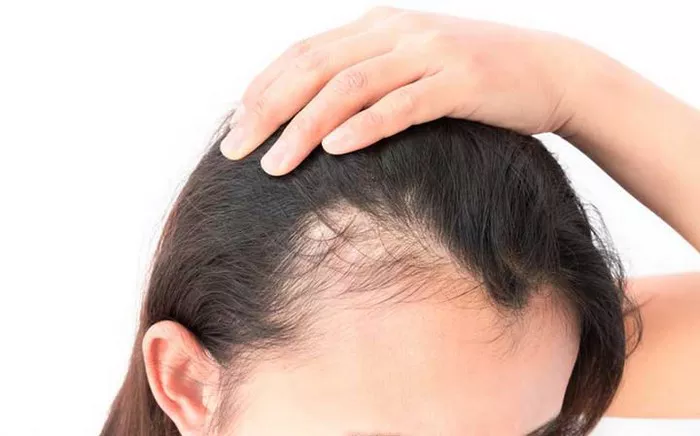Hair loss is a common concern affecting millions of people worldwide. While various factors contribute to this issue, one emerging area of interest in recent research is the role of oxidative stress in hair loss. Oxidative stress occurs when the balance between reactive oxygen species (ROS) and the body’s ability to neutralize them is disrupted. In this article, we delve into the intricate relationship between oxidative stress and hair loss.
The Basics of Oxidative Stress:
Oxidative stress is a natural process in the body that occurs when free radicals, highly reactive molecules with unpaired electrons, outnumber the antioxidants available to neutralize them. Free radicals are generated during normal cellular processes and can be exacerbated by external factors such as pollution, UV radiation, and poor dietary habits. When the production of free radicals overwhelms the body’s defense mechanisms, oxidative stress ensues, leading to potential damage to cells, proteins, and DNA.
The Hair Follicle Connection:
Hair follicles, the tiny structures responsible for hair growth, are particularly vulnerable to oxidative stress. These follicles undergo a continuous cycle of growth (anagen phase), regression (catagen phase), and rest (telogen phase). Oxidative stress can disrupt this cycle by inducing premature aging of hair follicles and triggering inflammation. As a result, hair follicles may enter the telogen phase prematurely, leading to increased hair shedding and eventual thinning.
Oxidative Stress and Inflammation:
One significant consequence of oxidative stress is the initiation of inflammatory processes. When cells are exposed to excessive free radicals, inflammation can occur as a protective response. In the context of hair loss, chronic inflammation in the scalp can compromise the health of hair follicles and impede normal hair growth. Oxidative stress-induced inflammation is linked to conditions such as androgenetic alopecia (common baldness) and alopecia areata (an autoimmune disorder).
The Role of Antioxidants:
Antioxidants play a crucial role in mitigating the effects of oxidative stress. These compounds neutralize free radicals, preventing them from causing damage to cells. The body produces its antioxidants, but external sources, such as a diet rich in fruits and vegetables, can contribute significantly. Studies have suggested that an adequate intake of antioxidants may help protect hair follicles from oxidative stress and maintain a healthy hair growth cycle.
Environmental Factors and Oxidative Stress:
Our modern lifestyle exposes us to various environmental stressors that contribute to oxidative stress. Air pollution, exposure to UV radiation, and unhealthy dietary habits can increase the production of free radicals in the body. Additionally, certain medications, smoking, and excessive alcohol consumption have been associated with elevated oxidative stress levels. By addressing these lifestyle factors, individuals may reduce their susceptibility to oxidative stress-related hair loss.
Clinical Evidence:
Several studies have investigated the link between oxidative stress and hair loss. Research published in the Journal of Investigative Dermatology found that individuals with androgenetic alopecia had significantly higher levels of oxidative stress markers in their scalps compared to those without the condition. Another study published in the International Journal of Trichology reported that antioxidants could help improve hair growth and reduce hair loss in individuals with alopecia areata.
Protecting Your Hair from Oxidative Stress:
Given the potential impact of oxidative stress on hair health, adopting preventive measures becomes crucial. A balanced diet rich in antioxidants, including vitamins A, C, and E, can contribute to overall well-being, including the health of your hair. Additionally, protecting your hair from environmental stressors, such as using sunscreen for your scalp and minimizing exposure to pollutants, can help mitigate oxidative stress.
See Also: Protein Deficiency and Hair Loss: A Full Guide
Conclusion:
In conclusion, the connection between oxidative stress and hair loss is a complex yet increasingly recognized phenomenon. Understanding the impact of oxidative stress on the hair follicles and the role of antioxidants in mitigating its effects provides valuable insights for individuals seeking to address or prevent hair loss. While further research is needed to fully unravel the intricacies of this relationship, adopting a holistic approach that includes a healthy lifestyle, a balanced diet, and protective measures against environmental stressors can contribute to maintaining vibrant and resilient hair.


